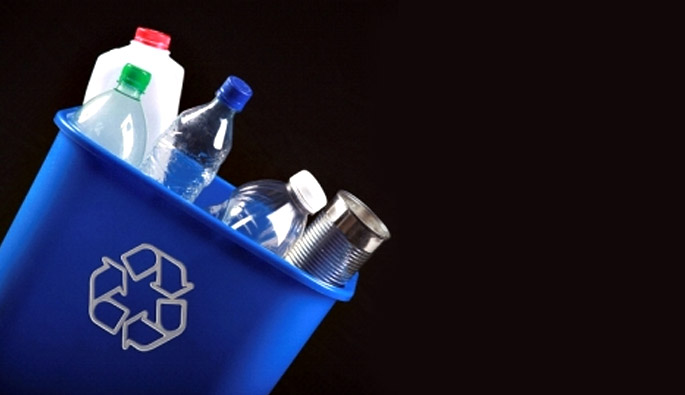Recycling is good for the environment, for public health and for the economy. Unfortunately not all recycling trends are positive. Studies over the last few years have revealed a mixed bag of facts about attitudes in the U.S. and Canada towards waste generation and the recycle bin.
Let’s start with the bad news:
• A recent study by the World Bank showed that the average American generates 5.7 pounds of municipal waste per day. Canadians are close behind at 5.5 pounds per person per day. These are both more than twice the global average of 2.6 pounds per person per day.
• The U.S. Environmental Protection Agency estimates only about a third of the American waste stream ends up in a recycle bin.
• The U.S. disposes of enough plastic bottles each month to reach the moon. Only a quarter of those go into a recycling container.
• The 2008 economic downturn send prices for recyclable paper and plastic plummeting, leaving many cities wondering if it was worth continuing to collect recycle bins.
• According to the EPA, recycling rates for aluminum cans fell from 64% in 1990 to 55% in 2011.
However there are some hopeful trends as well. Reduction, reuse and recycling are gaining popularity in developed countries.
• The World Bank estimates U.S. garbage production will drop 10% by 2025; Canadian waste streams will drop by 5%.
• In 2006 the U.S. had 1/8 as many landfills as it did 30 years before.
• Americans are more likely to use a recycling container than to vote — which is as much a sad commentary on voter turnout as it is a positive recycling trend.
• The number one use of lead is in lead-acid car batteries, and 98% of that lead is recycled.
• As the manufacturing sector recovers, demand for recycled materials is rising which should motivate even more communities to look into curbside recycling programs.
• The Container Research Institute estimates there is $600 million of aluminum cans in the landfills that could be recovered profitably.
• Recycling of corrugated cardboard has skyrocketed from 48% in 1990 to 91% in 2011 per the EPA.
As a society our record of using the recycle bin isn’t perfect, but that means there is tremendous room for growth. Recycling is not the political issue it used to be. Liberals and conservatives alike support the three Rs: reduction, reuse and recycling.
One of the biggest obstacles is financial. Recycling has to be profitable for companies and governments to participate. Increased efficiency and better technology are making processing plants more profitable and therefore more attractive. Consumers and businesses alike are striving towards zero-waste so we can only hope that the situation will improve over the next few years.
Image: http://www.today.colostate.edu/




































































































































 Three Ways to Engage Teams and Clients to Maximize Your Recycling Program Engagement
Three Ways to Engage Teams and Clients to Maximize Your Recycling Program Engagement  How to Integrate Accessibility Into Your Sustainability Planning
How to Integrate Accessibility Into Your Sustainability Planning  Why Park Benches Can Promote Workplace Well-Being
Why Park Benches Can Promote Workplace Well-Being 
